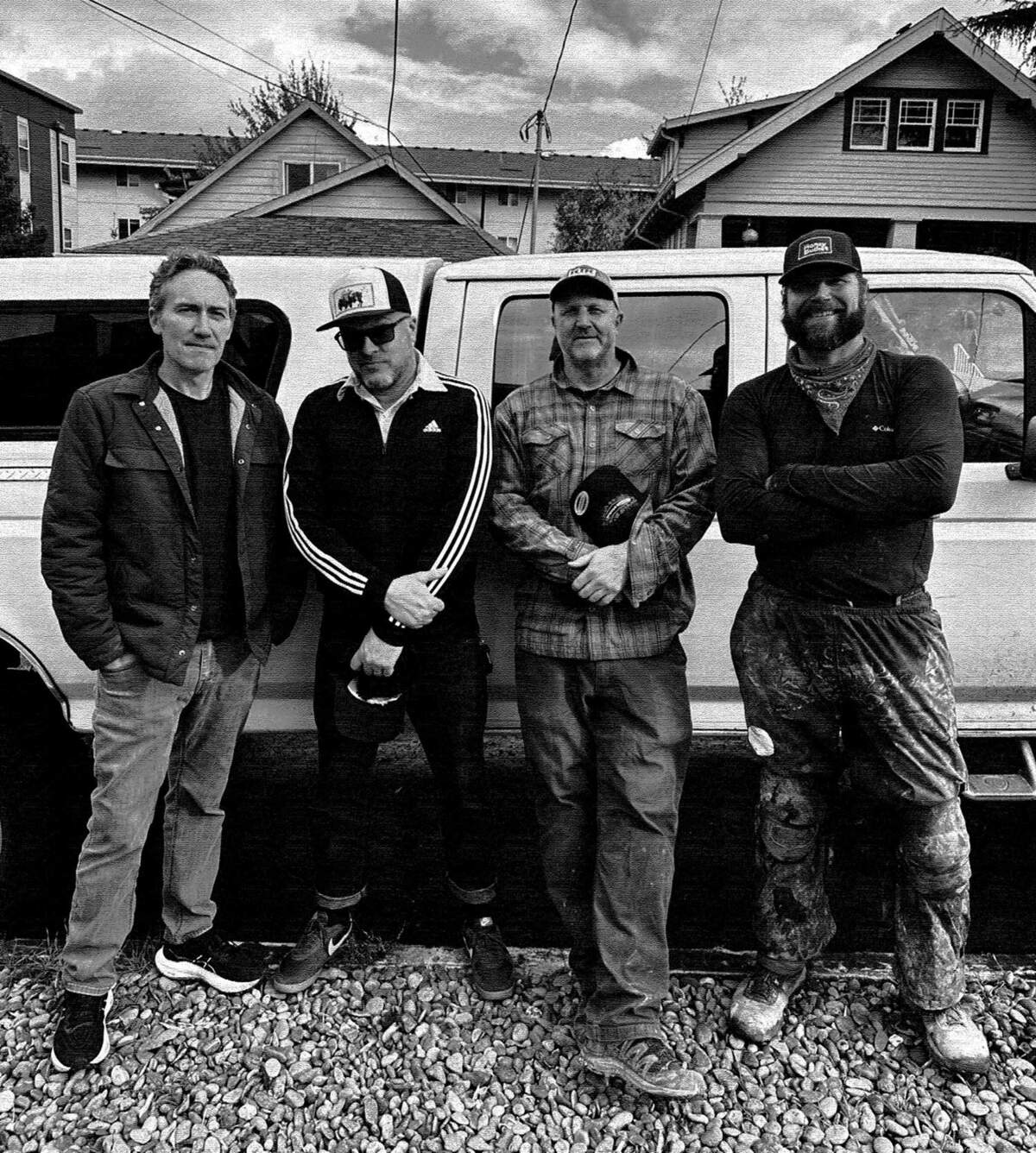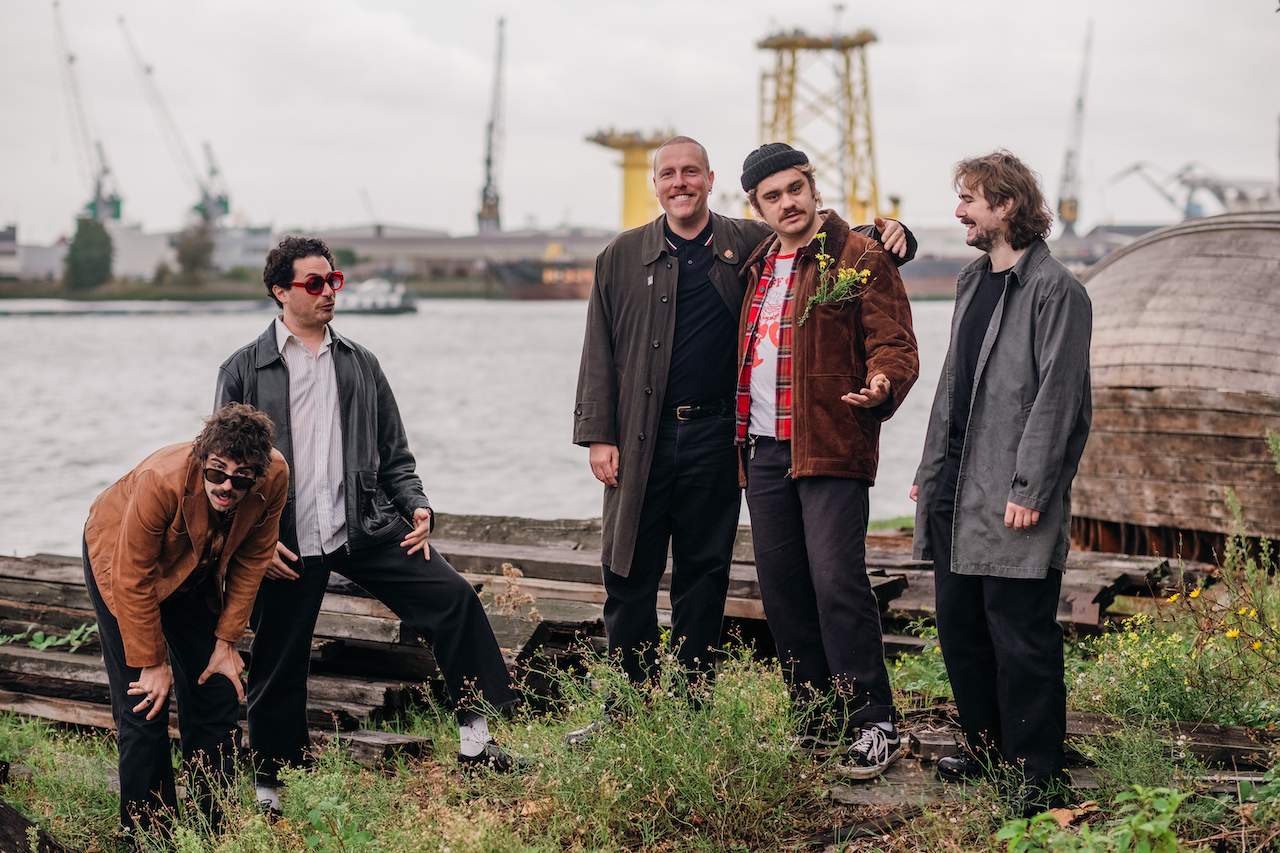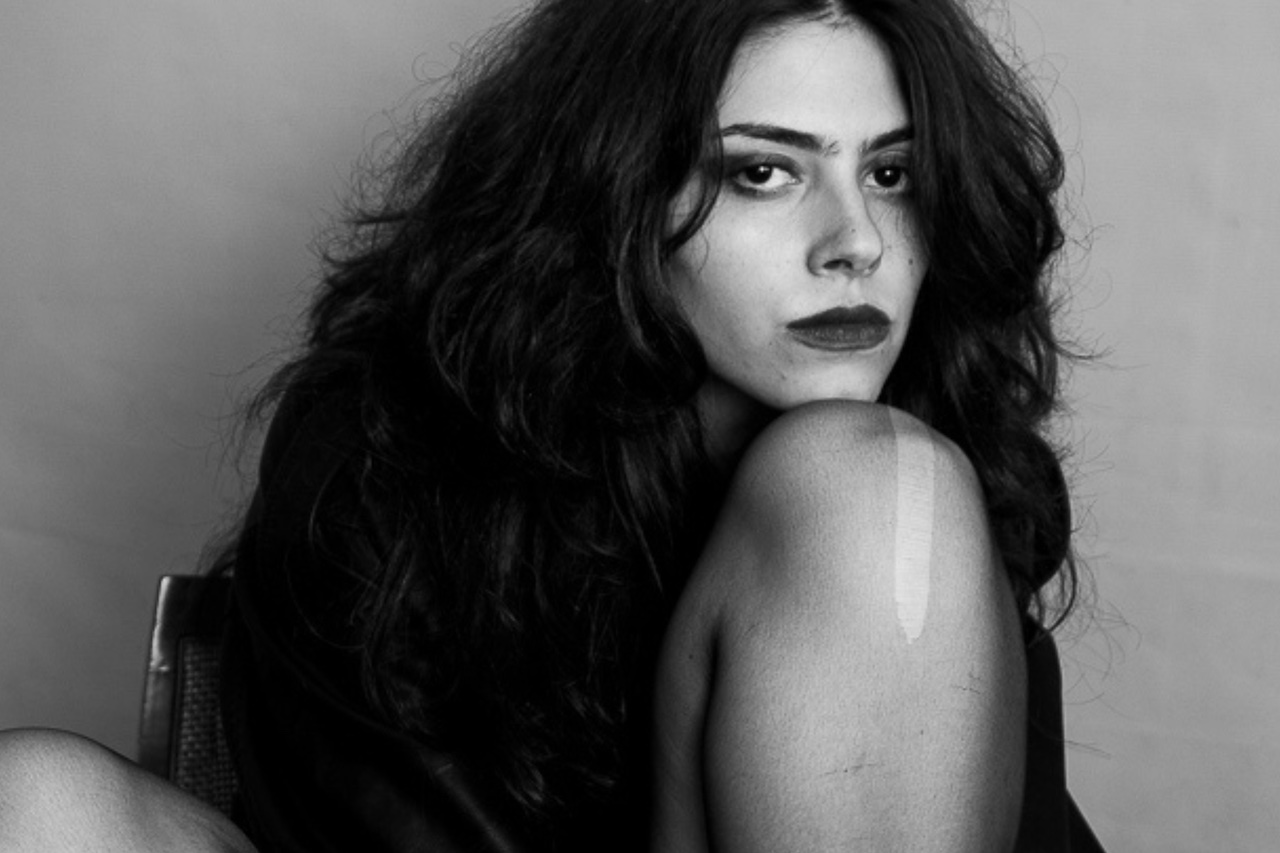Noah C Lekas | Interview | “Music was my gateway to literature”
Noah C Lekas is a poet, essayist and journalist. His first book, ‘Saturday Night Sage’ is a collection of narrative prose exploring mysticism and menial labor in contemporary America.
After calling all four corners of the country home, his work is as uniquely American as his perspective. The first literary release for San Diego record label Blind Owl, the collection gives voice to an often overlooked and undervalued, working-class experience. Hailed as “A punk séance for the beat spirit,” ‘Saturday Night Sage’ weaves the unwavering ethos of post-industrial Wisconsin with the poetic tradition of New York City and the eccentric Rock ‘n’ Roll soul of San Francisco.
Even before its official release, the collection inspired other artists to take Lekas’ words beyond the page with audio recordings and visual art. San Francisco artist Alan Forbes, best known for his work with The Black Crowes, Mars Volta and Patti Smith, brought the title piece to life with original cover art.
‘Saturday Night Sage’ is the first poetry collection to feature Forbes’ artwork. Six recordings were also made featuring Lekas reading with accompaniment by Howlin’ Rain, Mrs. Henry, Chad Lee, and Ben Ambrosini. Those recordings were then interpreted by film makers Scott Rosenbaum (Sidemen: The Long Road to Glory), Shelby Baldock (North Mississippi Allstars), The Joelsons (A+E Networks, Amazon Studios), Joshua and Jeremiah Zimmerman (The Silent Comedy), and Elizabeth Lekas (Visual Artist) for a series of promotional short films that debuted with a variety of publications and international film festivals.
In a time when spirituality is often confrontational and nuance is trivialized, ‘Saturday Night Sage’ fearlessly digs into American culture. In its unique rhythm of Thoreauvian romanticism and punk contrarianism, Lekas defines the poetic voice of blue-collar mysticism.
“Punk unlocked poetry in a way that English class couldn’t”
Who is Noah C Lekas? How would you describe yourself?
Noah C Lekas: What did Alan Watts say, “Trying to define yourself is like trying to bite your own teeth?” I try not to make a habit of describing myself, but the bio blurb is something along the lines of “a writer and musician from Racine, Wisconsin.”
How did you first get interested in literature and poetry?
Music was my gateway to literature. The first cassette tape I ever bought was ‘The Best of the Best of Chuck Berry’, and everybody knows that he is the original poet laureate of Rock N Roll. Then finding musicians like Kurt Cobain, Sonic Youth, John Lee Hooker, Woody Guthrie, and Bob Dylan turned that gateway into an expressway. I gravitated towards the storytellers and the lyrical songwriters early and never really let go. As much as I loved the Dylans and Cobains of the world, they were mythical beings – other worldly. In my teens, bands like Fugazi and Hot Water Music made creating art, of any kind, feel possible. DIY punk was more accessible than reading the ‘Red Wheelbarrow’ or ‘O Captain! My Captain!’ Jeremy Enigk, Bob Nanna, Ian MacKaye and Guy Picciotto are all poets, and great lyricists. Better yet, their work offers a connection to the annuls of punk literature and beyond. Woody Guthrie wrote novels. Hot Water Music got their name from a Bukowski book, Patti Smith talked about Rimbaud, Dylan wrote “Ezra Pound and T.S. Elliot fighting in the Captain’s tower” and William Burroughs recorded with Cobain and Sonic Youth amongst others. Punk unlocked poetry in a way that English class couldn’t. When you have that door kicked open at the right time in life, it’s as good as marching orders.
Is the Beat Generation literature your main influences? What are some of their works that still warm your heart?
I don’t know about main influence, but it was certainly one of the key ones. Kerouac’s poetry was the first “Beat” poetry that I got into, even before I read ‘On the Road’ or anything like that. ‘Mexico City Blues’ and the City Lights pocket poetry series books will always resonate with me because of what they meant when I first picked them up. In the “Beat” cannon, Kerouac’s work certainly hit me the hardest.
“I try to write poetry without an agenda”
‘Saturday Night Sage’ is the first full-length collection of your poetry. What are some of the inspirations for the poems? How do you usually approach writing? Do you have any special process or is it more a spontaneous affair?
The inspiration for ‘Saturday Night Sage’ the poem came from a preacher saying, “Don’t get stuck on Saturday” referring to Saturday as a day of despair between Good Friday and resurrection Sunday. In the working world, Saturday is the only day that belongs to you, but this preacher saw it as something to get through. The sage is a combination of experiences, the preacher, the shit-talker at the end of the bar, the lifer, the seeker, the mystic, the active contemplative. It’s not an autobiographical collection, but the poems are all set in places that I’ve experienced, and nothing has been changed but the facts.
I don’t have any writing rituals. I tend to write what I feel like writing and figure out what to do with it once it’s done. Finishing a book isn’t really a spontaneous affair, although that makes for a compelling story. I try to write poetry without an agenda and edit with discipline. That’s generally my approach.
Original cover art was done by legendary Alan Forbes.
Dan Cervantes, who runs Blind Owl, knew Alan and he connected us. I’d been a fan of Alan’s for a long time, but our paths hadn’t crossed. I wrote him an email, attached five or six poems from the book and asked if he’d be interested in working on a cover image. Alan just wrote back, “Call Me” with his phone number, so I ducted out of work and called him. We’ve been friends ever since. When I saw Alan’s drawing for the first time, just as a notebook sketch, it floored me. Alan is a heavy dude, and he really resonated with the poems in a way that only he could, and I think it shows. I didn’t give him any direction really, that image is straight out of his vision of the character. I love everything he conjured up and created for ‘Saturday Night Sage’ and ‘Sounds from the Shadow Factory’. I’m looking forward to working on more projects together.
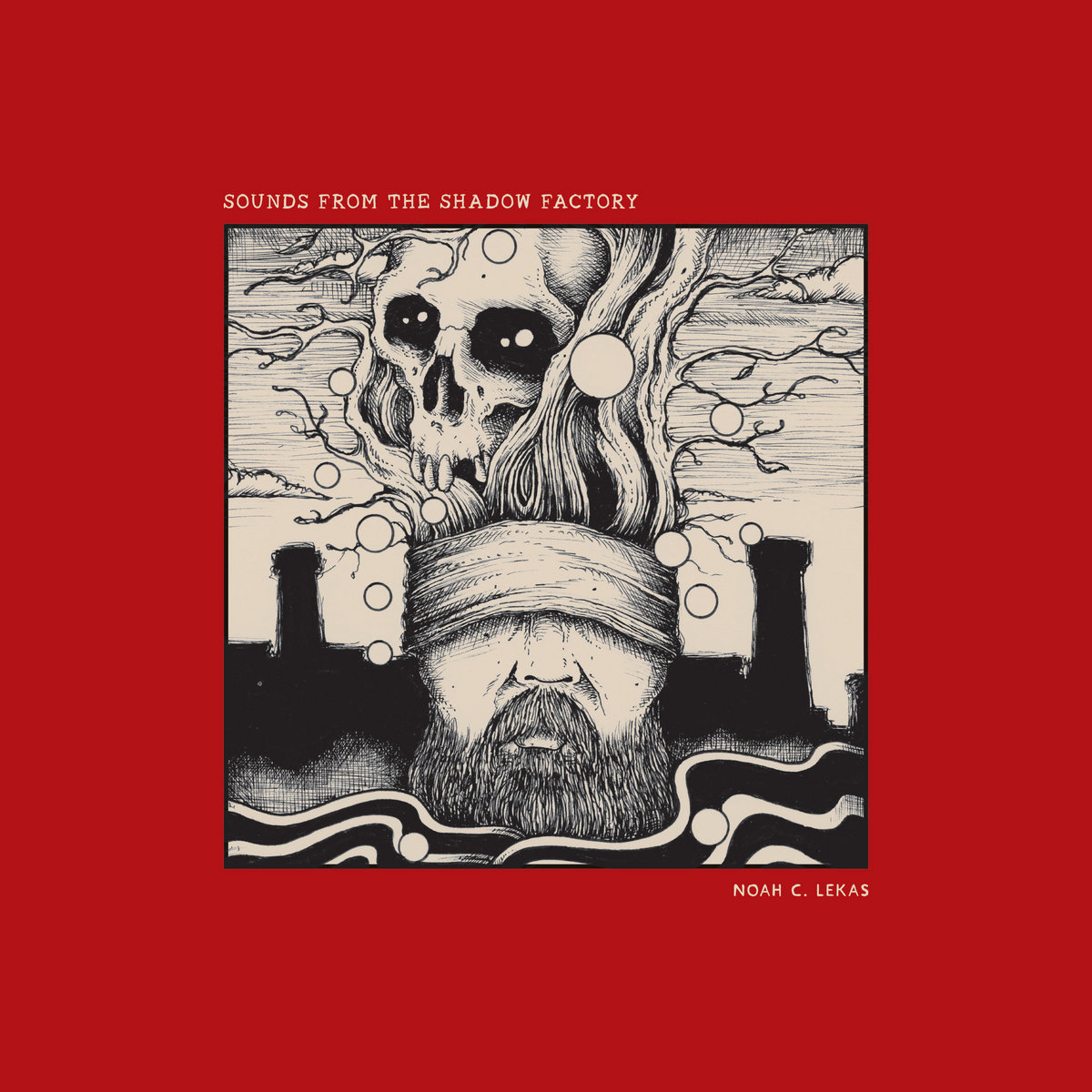
Your book is accompanied by a wonderful vinyl release. ‘Sounds from the Shadow Factory’ is featuring Howlin’ Rain members. What was the concept behind it?
We started recording a few sonic poetry collaborations just to make short films. The first few were with Ben Ambrosini and Chad Lee in San Diego. We cut ‘Midwestern’, ‘The Word and We Got A Problem with Groundwater’. ‘Midwestern‘ became a short film by The Joelsons that debuted at the Milwaukee Short Film Festival. Elizabeth Lekas shot a video for ‘The Word‘ and ‘We Got A Problem with Groundwater‘ by Shelby Baldock played the LA International Short Film Festival and Memphis Film Fest. From there, we just kept on rolling. I went back into the studio with Ben and Chad to cut ‘Steamroll the Sky‘ which Joshua Zimmerman directed a short film for. Mrs. Henry and I recorded ‘Out of the Storm Drains‘ and Scott D. Rosenbaum turned that one into a short film that he ended up winning an awards for. The last track we cut was ‘Saturday Night Sage’ with Howlin’ Rain. The audio was pulled from a jam session with my read overdubbed after. Shelby used Alan’s ‘Sage and Shadow’ artwork to create the lyric video.
Blind Owl Records did a wonderful job. How did you get in touch with Howlin’ Rain?
On top of running Blind Owl, Dan also plays guitar with Howlin’ Rain, so he made the introduction to Ethan Miller and the band. Ethen and I met a few years ago for a phone interview when I was writing a piece on the ‘Alligator Bride’ album. We’ve kept up ever since. During the pandemic year we discussed collaborating on a few different things, but when Dan brought up doing the ‘Saturday Night Sage’ track together, everything just fell into place. Dan had a recording in mind from a jam session the band had in Otay Mesa. I don’t know how Dan knew that it would work, but he was right. I recorded my read to it and Dan jumped into the producer’s chair. He pulled in Pat Gublar from Garcia Peoples on keys and a friend of mine, Hafsa Fathima recorded a secondary read. Dan pulled it all together and really turned it into the track that you hear.
“We did our best to just lets the poems go where they wanted”
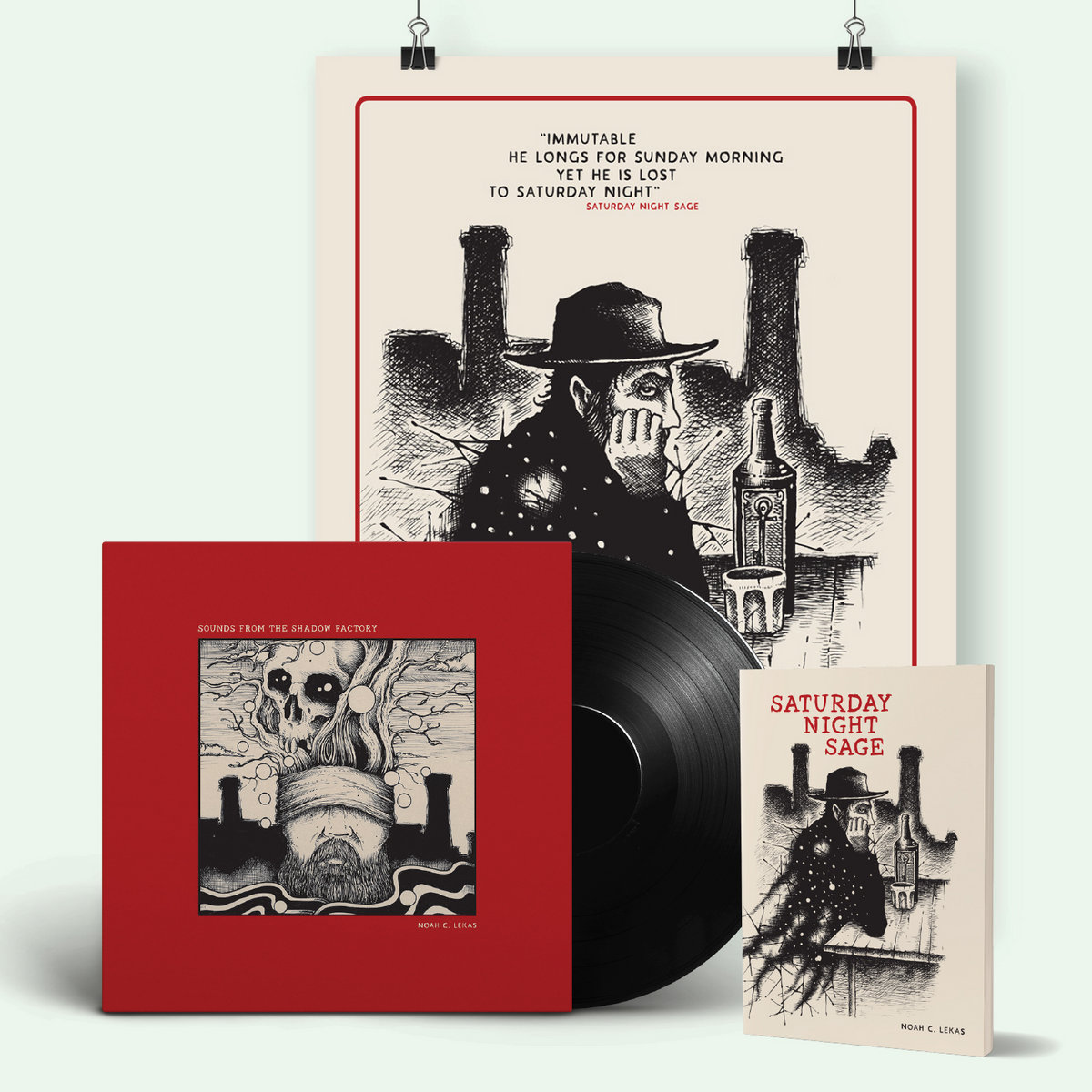
Was it difficult to coordinate the music?
No, not for me. I just had fun with it. Nothing was precious or over thought. It’s rent then recording songs in the sense that you have to be mindful of different things, but we did our best to just lets the poems go where they wanted.
Can you share some further details how it was recorded?
Everything was recorded live, straight up in the moment except for the Howlin’ Rain collab, which involved overdubs. The idea was to stay out of the musicians — and the filmmakers — way so that it could be a true collaboration. I wanted everyone to feel free to go wherever the poem sent them. Writing poetry is a solitary and mostly selfish endeavor, So I wanted to recordings and films to be about interpretation, not my dictation. We started every recording with me saying, what do you hear? And then we went wherever the piece lead. For the films, I literally just sent them the recordings, then sent back a film and that was it. The entire collaboration process for music and film was about letter other artists run with the work. It was a great experience.
How are you coping with the current world situation and what are some future plans for you?
It certainly hasn’t been an easy year, but thankfully we are healthy and enduring. As soon as the pandemic is behind us, I look forward to seeing relatives and friends, and playing a gig.
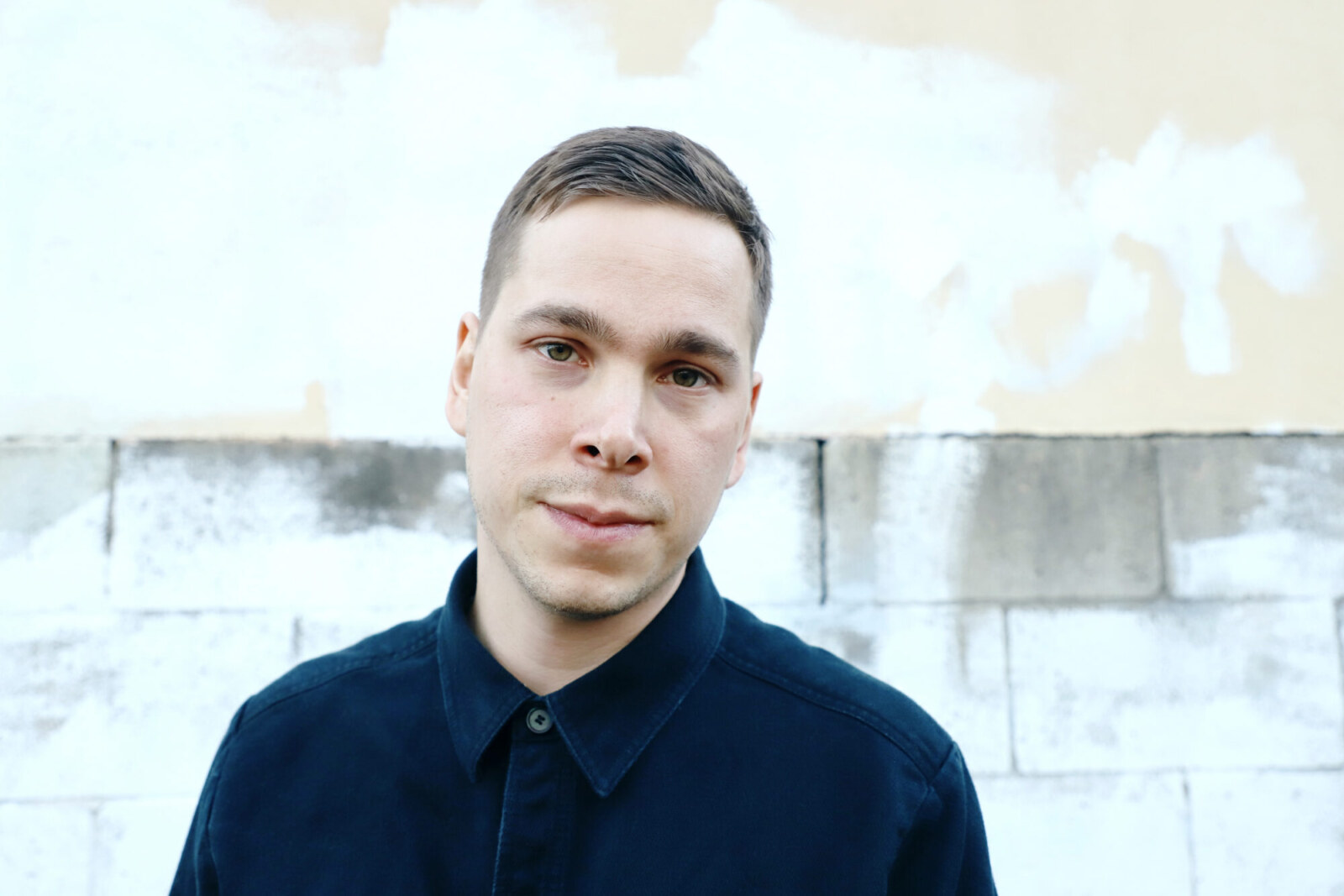
Thank you. Last word is yours.
Thank you.
Klemen Breznikar
Noah C Lekas Official Website / Instagram / Twitter
Blind Owl Official Website / Facebook / Instagram / Twitter / SoundCloud

